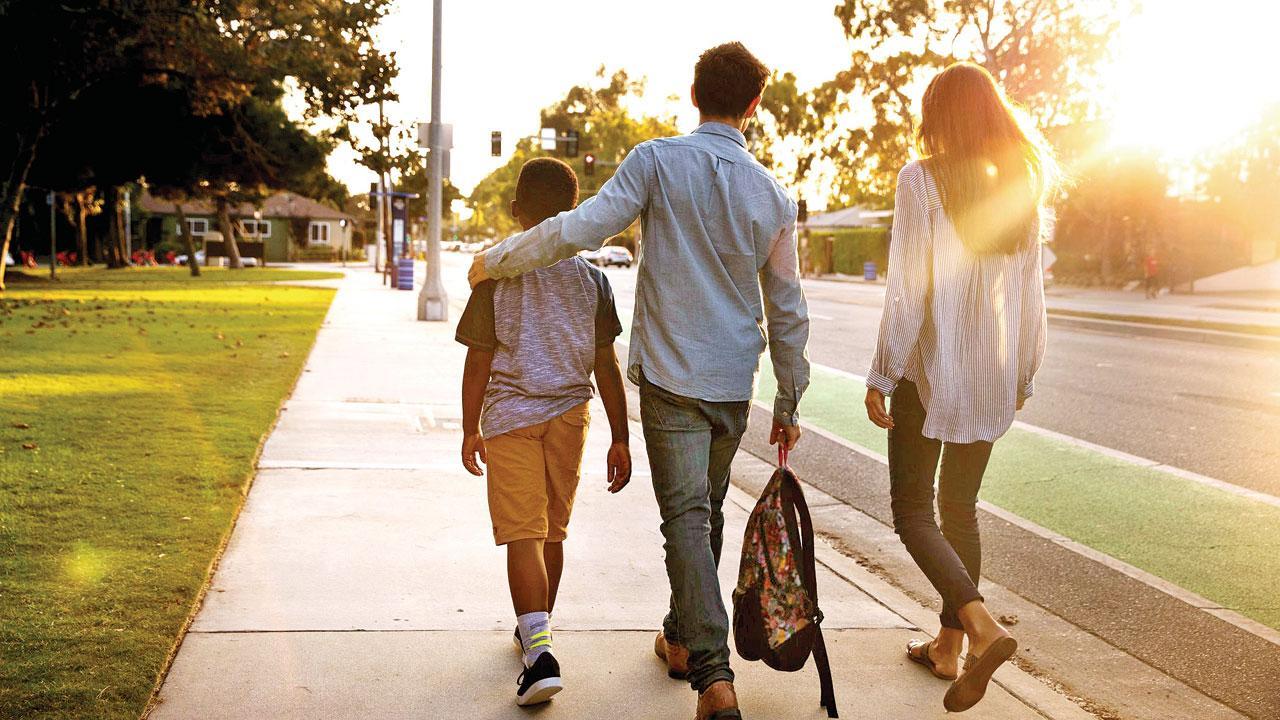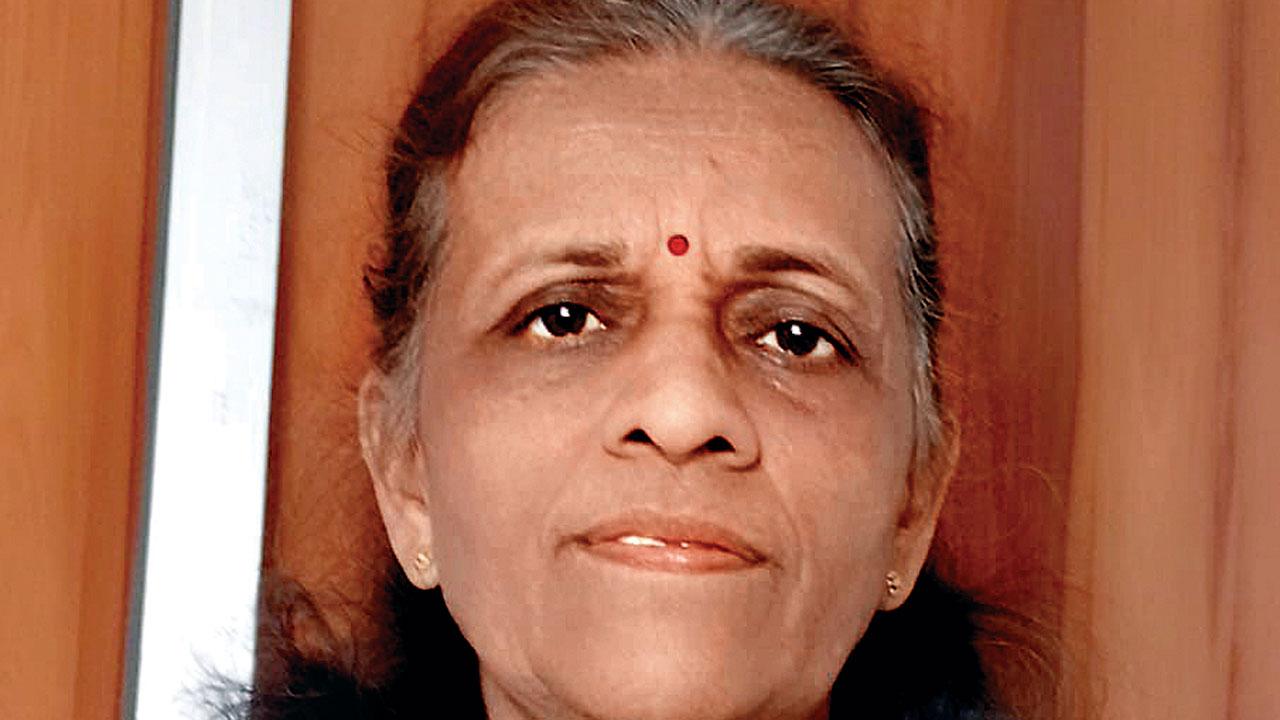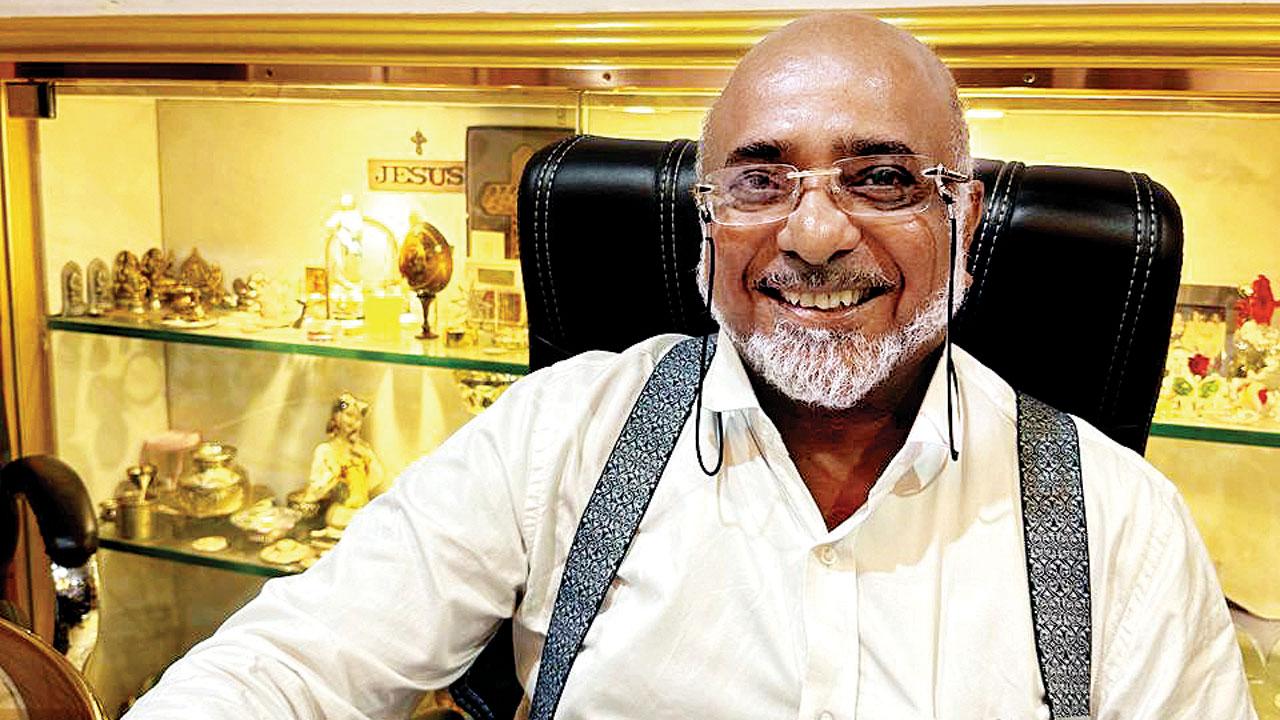The recent annulment of a three-year-old boy’s adoption, whose parents could not adequately care for him, has caused stakeholders and experts to look within and speak up about the consequences of such cases

Adopting a child is always a sensitive tight rope and an annulment, even if a rare occurrence, casts a shadow on the entire process, experts say. Pic/Istock
It was when she turned 13 that the Bal Asha Trust got involved with the case of an orphaned girl child. Under the care of another orphanage at the time, the Trust’s team got to know her at an event. Once the legal formalities to take over her care were finished, the child was declared free for adoption.
ADVERTISEMENT
“The couple who approached us was very self-aware,” says Sunil Arora, executive director at Bal Asha Trust. “They came to us with the firm stand that they wanted to adopt an older child, because they were in their early 40s. Adopting a younger child would have meant that they’d be in their 60s by the time the child approached its teenage years.”

Savita Nagpurkar, Programme Coordinator (Adoption) at Indian Association for Promotion of Adoption and Child Welfare, emphasises the need for extensive pre- and post-adoption counselling
For the next month, the couple interacted with the child, having lengthy conversations and even helping her with her studies, before finally meeting her at the Trust’s orphanage. They got along very well, and today, against all expectations, the 15-year-old girl is cited as an example of a successful adoption.
Late last month, the Bombay High Court annulled the adoption of a three-year-old boy after his parents could not “bond” with him due to “behavioural issues”. In the course of the hearing of the affidavit, it emerged that the Ghaziabad-based couple who adopted the child in August 2023 had not made enough effort to treat the child as their own. The couple already has a six-year-old daughter, and complained about the adoptive son’s unruly eating habits, but did not take remedial measures to address them.
The child is now back in Bal Asha’s care—the place where he was first adopted from. Arora declined to comment on this specific case as he did not want to draw any more attention to the child, instead prioritising the three-year-old’s well-being. “What I can tell you,” he says, “is that this is the first time we have seen such a case.”
The fate of the young child has sparked off a conversation among those who work towards the adoption of children—including counsellors, NGO workers and lawyers. Their main concerns are two-fold: Firstly, they are worried that one failed case may paint a wrong picture of the already challenging process of adoption in India. Secondly, there is a lack of discourse about the psychological impact of being rejected by one’s adoptive parents.

Advocate Suresh Chandrashekhar
“The immediate consequence,” says Riddhi Gada, an advocate who works on adoption cases, “is the severe lack of trust that a child may develop. We need to remember that these children come from difficult backgrounds in the first place. This includes abandonment and other such experiences that have already shaped the child’s view of the world. Hence, they will perceive an incident like this as rejection. As a result, they are instinctively more guarded the next time a family expresses an interest in adopting them.”
The direct result of this, she adds, is that the second adoption could be rougher than the first, for both parties. The child may never find an ideal home. “Eventually, the child just gives up, grows up while staying in the system and finds its place in the world.” The adoption of children in the care of the government is overseen by the Central Adoption Resource Authority (CARA). According to CARA’s annual report for the financial year 2022-2023, a total of 3010 orphaned, abandoned or surrendered children were adopted within India, while 431 were adopted by foreign nationals.
“Adoption under the law necessitates adherence to prescribed procedures to ensure its validity. Requirements include the absence of living descendants, compliance with age differentials for adopting male and female children, and the involvement of biological parents or guardians in the adoption process,” says senior advocate Suresh Chandrashekhar.
He adds that the Act places great importance on the rights of the child as well as the duties of the parents. “Upon adoption, the Act orchestrates a seamless transition of rights and obligations, with the adopted child assuming the status of a biological offspring. Simultaneously, adoptive parents inherit the mantle of parental responsibilities. The Act meticulously imposes conditions, such as the prohibition of incestuous relationships and the delineation of property rights, striking a balance between familial bonds and legal responsibilities,” he says.
And in order to ensure that the parents are as prepared as the children are, both parties undergo extensive pre- and post-adoption counselling. “With the child, we start very slowly and delicately,” says Savita Nagpurkar, Programme Coordinator (Adoption) at the Indian Association for Promotion of Adoption and Child Welfare (IAPA). “Especially with the younger ones, who are used to being attended to by the ayaahs here. And this goes beyond just the eyes and ears; they associate the touch of the ayaah with safety, and we need to prepare them for the fact that this touch is going to be replaced with someone else’s.”
The same touch, Nagpurkar says, also plays a vital role in cases of failed adoptions. “They need to be held, to be reassured that it is not the end of the world. They develop a lot of distrust and depression in this phase, and counselling plays a vital role here. The CARA’s procedures have provisions for every scenario, but they need to be followed to the T in order for a successful and healthy adoption.”
For several days before the adoption is finalised, the child is familiarised with the idea that a mother is someone who loves them as much as the ayaah or other staff at the orphanage would. Then, the child is shown pictures of the prospective parents and is allowed time to be comfortable with the idea. Only then are the parents allowed to meet the child.
Meanwhile, the parents are acquainted with the sudden rush of the new responsibilities that they will be facing. Regular sessions are also held after the adoption is complete, to hand-hold the parents and the child through the transition. At a recent meeting of 20 families who have adopted children through the IAPA over the last five to six years, the father of a five-year-old girl recalled how it took one and a half year for his now-daughter to become comfortable around him. It was only due to sustained pre- and post-adoption counselling that they, as a family, were able to tide over the initial, difficult phase.
“At the end of the day,” says Arora, “it depends on a lot of factors; the child, the parents, the background, the circumstances. I have seen second adoptions turn into beautiful successes and there have been first adoptions that did not go very well. But if the latter occurs, at least you have a lot more information to study and act in accordance with. And this is where counselling comes in.”
He is confident that the child who recently returned to Bal Asha, too, will find the right family. “There will be parents who will be unwilling to adopt a child with six fingers,” he says. “And then there will be that one couple that calls the baby their Hrithik Roshan.”
 Subscribe today by clicking the link and stay updated with the latest news!" Click here!
Subscribe today by clicking the link and stay updated with the latest news!" Click here!







